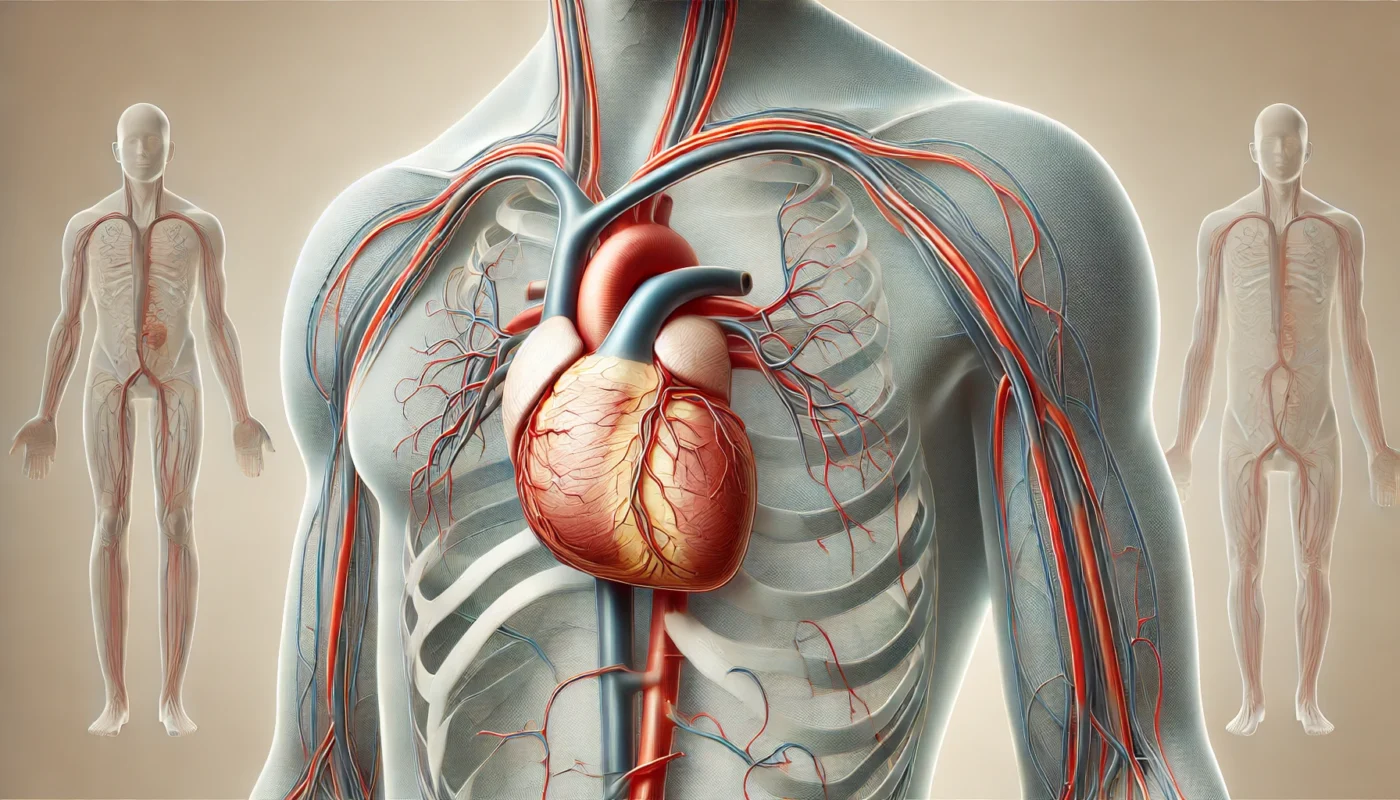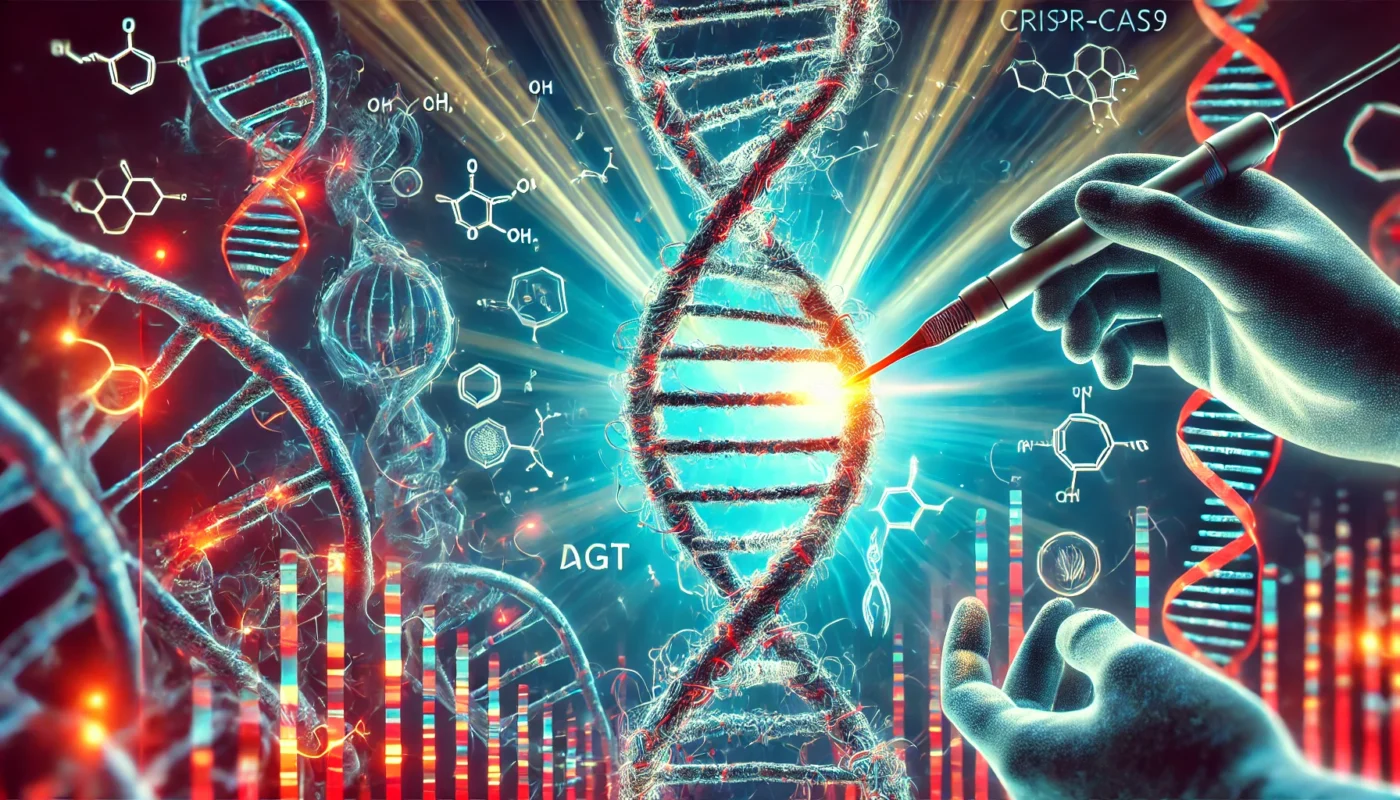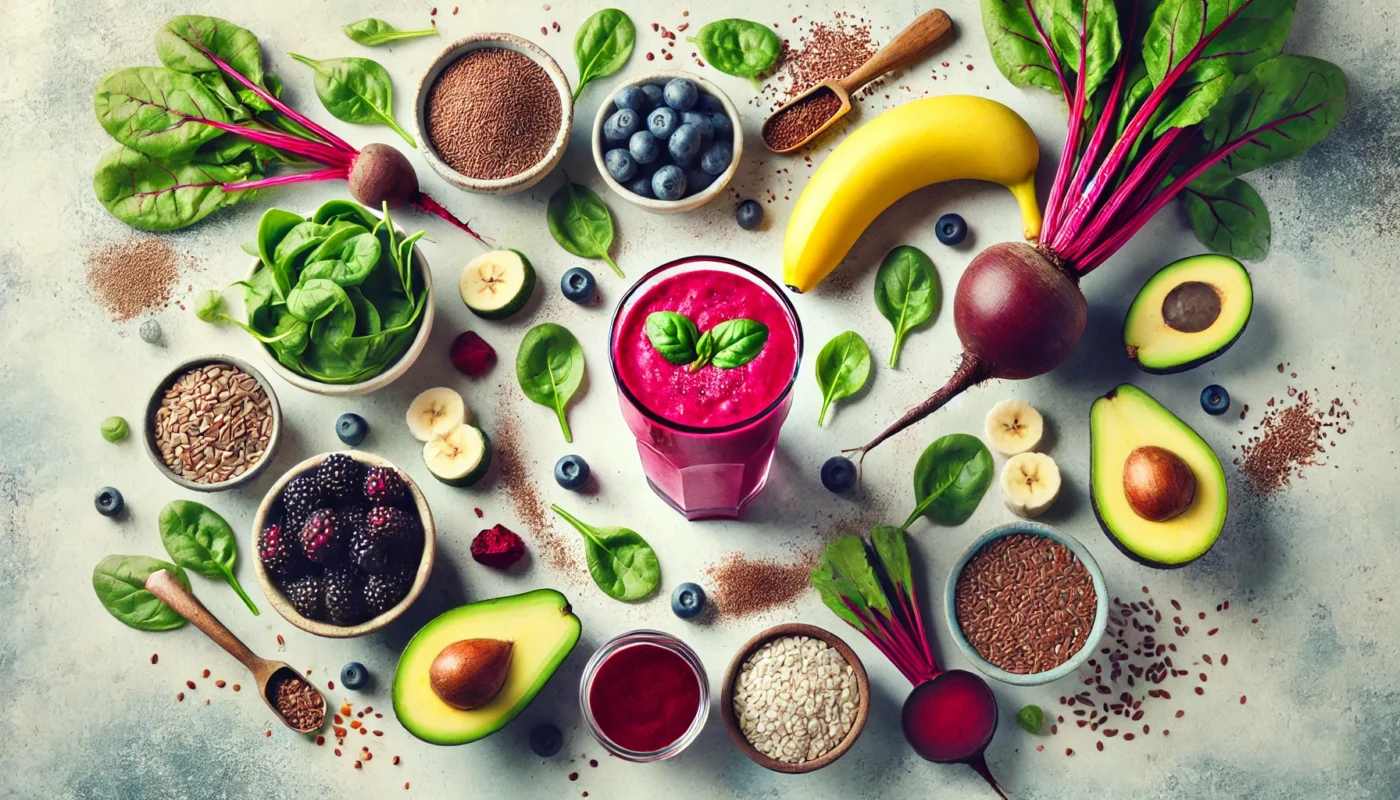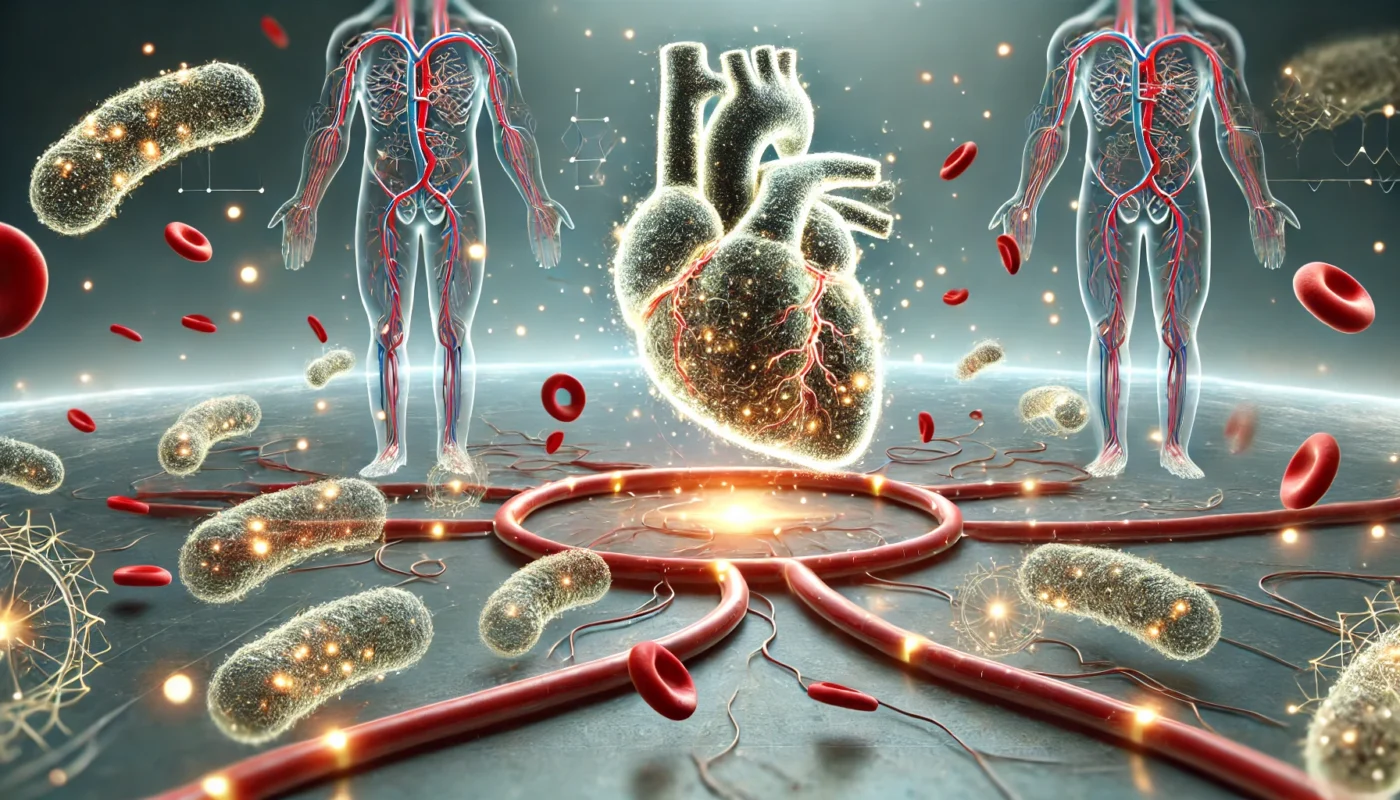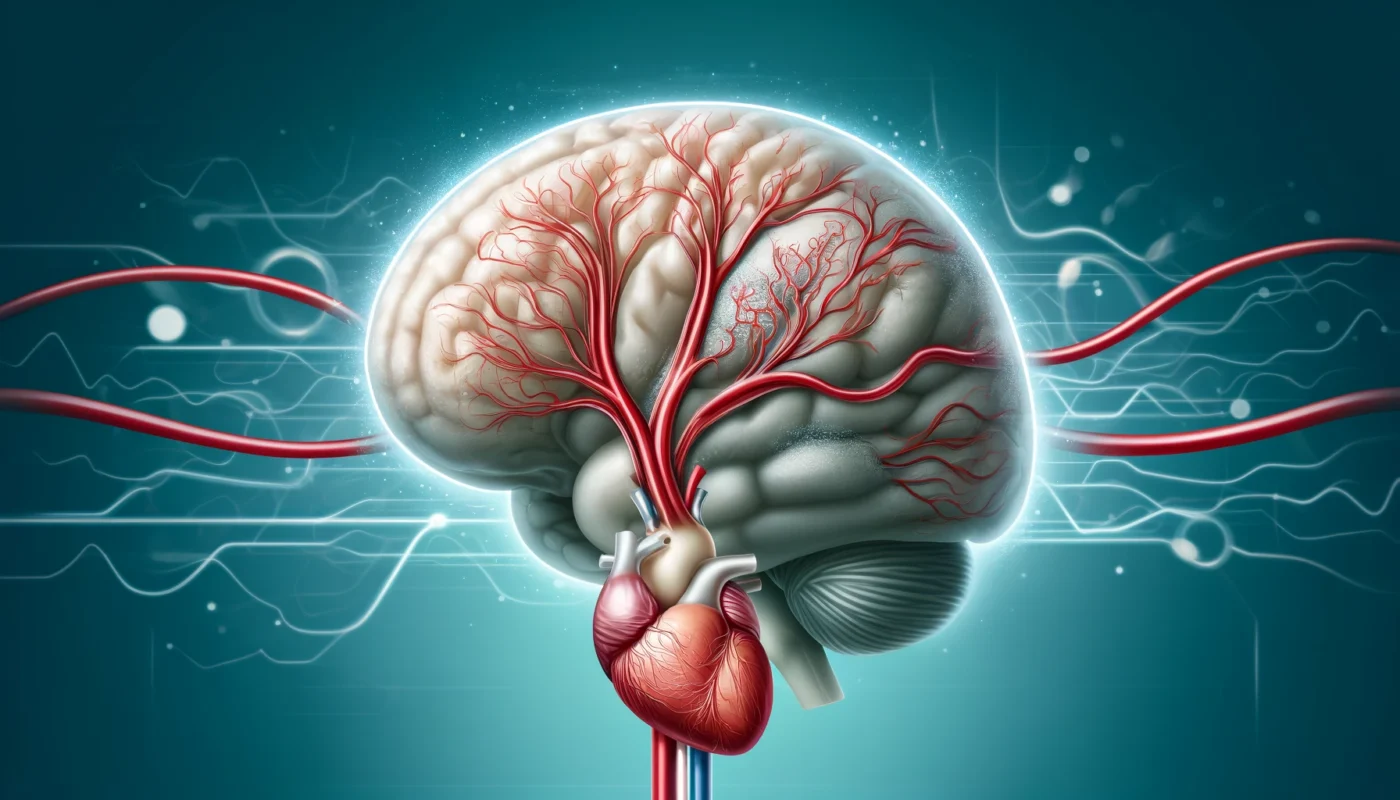Hypertension, or high blood pressure, is a silent yet powerful force in the development of heart disease, which remains the leading cause of death worldwide. According to the World Health Organization (WHO), over 1.28 billion adults globally suffer from hypertension, with only one in five having it under control. Characterized by sustained elevated blood pressure of 130/80 mmHg or higher, hypertension imposes stress on the cardiovascular system, damaging arteries and overworking the heart. This article explores the connection between hypertension and heart disease, the mechanisms that exacerbate cardiovascular risk, and practical strategies to protect your heart.
Tag Archives: Vascular Health
Hypertension, commonly known as high blood pressure, affects over 1.28 billion people worldwide, making it one of the most prevalent chronic health conditions. Despite advancements in medications and lifestyle interventions, many patients struggle to achieve optimal blood pressure control, particularly those with resistant hypertension. As researchers explore innovative approaches to managing this condition, gene therapy has emerged as a promising frontier. By targeting the genetic mechanisms underlying hypertension, gene-based therapies offer the potential for more precise and long-lasting treatment. This article examines the science behind gene therapy for hypertension, the experimental therapies under development, and the potential challenges and future prospects of this cutting-edge approach.
Hypertension, or high blood pressure, is a prevalent chronic condition that affects nearly half of the global adult population. According to the World Health Organization (WHO), hypertension is a significant risk factor for cardiovascular disease, kidney damage, and stroke. While medications are often necessary for managing high blood pressure, dietary interventions are an essential part of prevention and treatment. Superfoods—nutrient-dense, health-promoting foods—offer a natural and effective way to support heart health. This article highlights the best superfoods for hypertension, their scientific benefits, and how to incorporate them into your diet.
Hypertension, commonly referred to as high blood pressure, is a widespread health concern affecting nearly half of adults worldwide. It significantly increases the risk of heart disease, stroke, and kidney failure, making its management a critical public health priority. Among the various natural remedies touted for hypertension, apple cider vinegar (ACV) has gained attention for its potential blood pressure-lowering properties. While ACV is widely known for its digestive and weight loss benefits, its role in managing hypertension remains a subject of interest and debate. This article offers a balanced analysis of the scientific evidence surrounding ACV and its potential impact on blood pressure control.
Hypertension, or high blood pressure, affects nearly half of adults worldwide and is a leading cause of cardiovascular disease, stroke, and kidney damage. Managing hypertension often involves a combination of lifestyle changes, such as regular exercise, stress reduction, and a heart-healthy diet. Among dietary approaches, smoothies have emerged as an effective and enjoyable way to incorporate nutrient-rich ingredients that support blood pressure regulation. This article delves into the science-backed smoothie ingredients that can help lower hypertension, offering practical advice on how to craft heart-healthy blends.
Hypertension, often called the “silent killer,” is a global health challenge affecting more than 1.28 billion adults worldwide, as reported by the World Health Organization (WHO). Despite advancements in pharmacological treatments and lifestyle interventions, many patients struggle to achieve optimal blood pressure control. Increasing attention has turned to the endothelium, a thin layer of cells lining blood vessels, as a key player in hypertension pathophysiology. Dysfunction of the endothelium is recognized as an early and critical factor in the development and progression of high blood pressure. This article explores how targeting endothelial dysfunction could revolutionize hypertension management, delving into the mechanisms, therapeutic strategies, and emerging treatments aimed at restoring vascular health.
Hypertension, commonly referred to as high blood pressure, is a leading global health concern, affecting more than 1.28 billion adults worldwide, according to the World Health Organization (WHO). While its causes have traditionally been attributed to genetic predisposition, diet, lifestyle, and environmental factors, emerging research highlights the role of gut microbiota as a significant contributor to blood pressure regulation. Gut microbiota—the trillions of microorganisms residing in the gastrointestinal tract—play an intricate role in maintaining overall health, influencing metabolic, immune, and cardiovascular functions. This article delves into the emerging evidence linking gut health and hypertension, explores the underlying mechanisms, and discusses future therapeutic possibilities targeting the gut microbiota.
Hypertension, or high blood pressure, is a silent yet prevalent condition affecting more than 1.28 billion adults worldwide, according to the World Health Organization (WHO). It is a leading risk factor for heart disease, stroke, and kidney failure. Despite decades of medical advancements, hypertension remains challenging to manage due to its multifactorial nature. Many patients experience suboptimal responses to generalized treatment protocols, highlighting the need for more personalized approaches. Biomarker-driven medicine represents a revolutionary step forward, offering the potential for tailored treatment strategies that improve outcomes. This article explores how identifying specific biomarkers can revolutionize hypertension care.
Hypertension, or high blood pressure, is one of the most prevalent chronic conditions globally, affecting more than 1.28 billion adults according to the World Health Organization (WHO). While the genetic component of hypertension has long been recognized, recent advancements in the field of epigenetics have highlighted how environmental and lifestyle factors can influence gene expression and, in turn, affect blood pressure regulation. Understanding the interplay between genes and the environment offers exciting opportunities for personalized hypertension management. This article explores the science of epigenetics, how it relates to hypertension, and the potential for lifestyle interventions and emerging therapies to positively influence blood pressure.
Hypertension, or high blood pressure, is one of the most prevalent chronic health conditions, affecting nearly half of adults globally, according to the World Health Organization (WHO). Often called the “silent killer” due to its lack of symptoms, hypertension is a major risk factor for cardiovascular diseases, stroke, and kidney failure. However, its effects on brain health, specifically cognitive decline, are less well-known but equally concerning. Research increasingly points to the significant role hypertension plays in accelerating cognitive impairments, contributing to conditions such as vascular dementia and Alzheimer’s disease. This article explores the connection between hypertension and cognitive decline, the mechanisms driving this relationship, and innovative treatments that may mitigate the long-term effects of high blood pressure on the brain.
- 1
- 2

